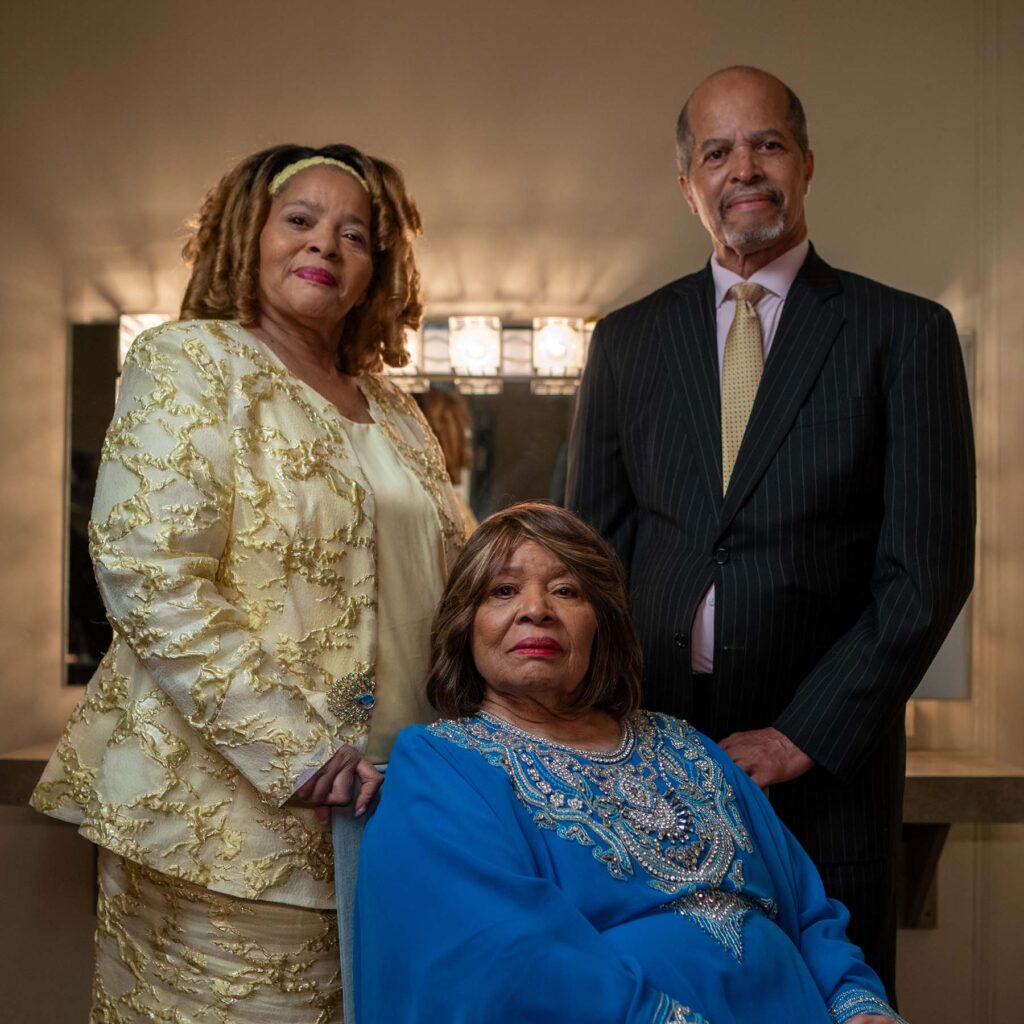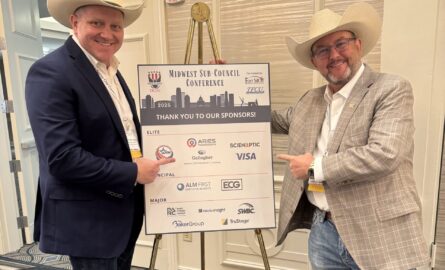Rosetta Miller-Perry stood on stage at the Schermerhorn Symphony Center on October 20 and made an announcement. She’s building an apartment complex on Jefferson Street. Not for low-income residents—that’s her “friend Freddie’s job.” For middle-income people who can’t find decent housing at decent prices in Nashville.
She’s 90 years old. Most people at 90 are reflecting on their legacy. Rosetta is expanding hers.
The Nashville Entrepreneur Center inducted her into its Hall of Fame because for 60 years, she’s built the infrastructure Nashville’s Black community needed when nobody else would. She didn’t wait for permission. She didn’t form committees. She identified gaps and filled them.
Building Platforms, Not Just Businesses
In 1991, Rosetta founded The Tennessee Tribune because Black-owned businesses and Black community stories weren’t getting coverage. The mainstream press showed up for crime. They skipped the ribbon cuttings, the graduations, the business expansions.
The Tribune became “the Wall Street Journal of Jefferson Street”—the place where entrepreneurs found opportunity, where readers learned about new deals, where businesses got visibility that translated to growth.
In 1998, she started the Greater Nashville Black Chamber of Commerce. The existing chamber infrastructure wasn’t serving Black businesses. So she created a new one.
That same year, she launched the Anthony J. Cebrun Journalism Center. Young Black journalists needed training and opportunity. She built the platform.
This is the pattern: see the gap, build the solution, run it for decades.
Strategic Real Estate as Community Development
Rosetta’s real estate portfolio on and around Jefferson Street wasn’t about personal wealth accumulation. It was about controlling the future of North Nashville.
She bought the Avon and Williamson on Herman Street and converted it into a funeral home that doubles as a teaching space for historical preservation and cultural tourism. Visitors learn the history. The building stays standing. The neighborhood maintains its identity while generating revenue.
Each property purchase was strategic. Each renovation preserved history while creating economic activity. She wasn’t flipping buildings for profit. She was anchoring a neighborhood against displacement.
The Newsstand That’s Really an Incubator
The Tennessee Tribune newsstand at Nashville International Airport sells more than newspapers. It’s stocked with local products. It functions as an incubator, a gallery, and a welcome center.
Travelers arriving in Nashville see local goods before they see anything else. Small businesses get airport foot traffic without airport rent. The stand announces that Nashville supports entrepreneurs before visitors leave the terminal.
One storefront doing the work of four institutions.
Launching Careers, Not Taking Credit

Multiple people use the same phrase: she’s a mother figure. She wraps her arms around people and makes sure they get opportunities she never had.
Rosetta hired Caroline Randall Williams, Professor, Author and Poet as a junior columnist at the Tribune in 2000. She gave her press credentials to interview Bob Woodward. She sent her to cover the Democratic and Republican National Conventions. Caroline credits her with launching her writing career
She hired journalists right out of college. She didn’t just give them bylines. She taught them the business, introduced them to sources, opened doors. Then she pushed them to climb higher.
That’s not mentorship as networking. That’s mentorship as infrastructure.
60 Years of Showing Up
The National Newspaper Publishers Association gave her their Lifetime Achievement Award. Tennessee inducted her into the Women’s Hall of Fame. Those are backward-looking honors.
Rosetta is forward-focused. At 90, she’s working on middle-income housing. She’s still publishing the Tribune. She’s still buying property strategically. She’s still creating platforms for other people to succeed.
Her speech ended with this: “You’ll have to do this again in about 10 years. So I’ll be waiting.”
What Nashville Needs Now
The EC inducted Rosetta because she represents what transformational entrepreneurship looks like. She built businesses that strengthened the community. She created platforms that launched other people’s success. She invested in infrastructure that will outlast her.
She also represents something Nashville needs to remember: the best entrepreneurs solve for everyone, not just themselves.
Rosetta came to Nashville from Coraopolis, Pennsylvania. Her parents warned her that bad things would happen in the South. She came anyway. She served in the Navy. She marched with King. She built a media empire, a chamber of commerce, a real estate portfolio, and a journalism training program.
At 90, she’s still building.
That’s the standard for the Hall of Fame. Not what you built. How many people you helped build while you were building.
Want to support Nashville entrepreneurs? Join the Nashville Entrepreneur Center as a member, become an advisor, or support our programs. We’re building the infrastructure founders need to succeed.



